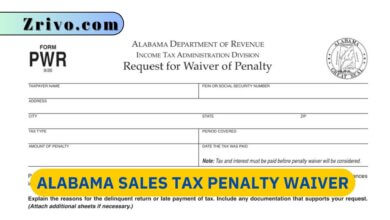Indiana State Income Tax 2023 - 2024
Indiana has one of the lowest income taxes in the country. But it pays for that low rate with a lot of sales and excise taxes.

Under the principles of American federalism, states have the freedom to design their tax codes in many different ways. Some states depend more on income taxes, while others rely more on sales and consumption taxes. Over the last decade, Indiana’s revenue structure has largely remained stable, with sales and use and individual income taxes accounting for roughly half of total state general fund revenues. State income taxes are one of the biggest expenses that individuals face. This is why it’s important to understand your state’s tax rates and take steps to reduce your burden. The state of Indiana has a flat income tax rate of 3.15%. The taxable amount is determined by a payer’s adjusted gross income on their federal tax return. The taxable amount can be lowered by several deductions, including a $3,000 rent payment deduction and property tax deductions for primary residences.
The state of Indiana collects approximately $16.4 billion a year in state income tax. This accounts for 36% of the state’s total general fund revenues. This compares to eight states that do not have individual income taxes, including Alaska, Florida, South Dakota, Tennessee, Texas, Washington (state), and Wyoming. These states rely on other sources of revenue, such as local property taxes, to fund their state governments.

Indiana State Income Tax Rate 2024 Changes
In 2024, Indiana state’s income tax rate will decrease by 0.2 percentage points to 3.23% for taxable years beginning after December 31, 2023. If budget conditions are met, further reductions may be made, potentially lowering the rate to 2.9% by 2029.
This rate reduction is intended to make Indiana more competitive as other states lower their rates and consolidate brackets. Nevertheless, if Indiana is to remain financially sustainable, the state must also reduce its dependence on other sources of revenue, such as property and excise taxes.
In addition to the individual income tax cut, Indiana enacted several other taxpayer-friendly measures in 2024. One of these is a healthcare sharing ministry deduction, which will allow Indiana residents to deduct up to $3,000 in healthcare costs paid by themselves or their dependents. The state also adopted a successor liability law, which will hold purchasers in business asset deals liable for unpaid sales and use, county innkeepers’, and food and beverage taxes that the seller owes.
How to Request an Appeal Through the Indiana DOR?
If you disagree with a state tax assessment, you can request an appeal through the Indiana Department of Revenue (DOR). You must make this request within 60 days of receiving a notice that includes penalties. The DOR will review your case and send you a letter of findings. You can then file a complaint with the state Tax Court if you disagree with the DOR’s decision.





